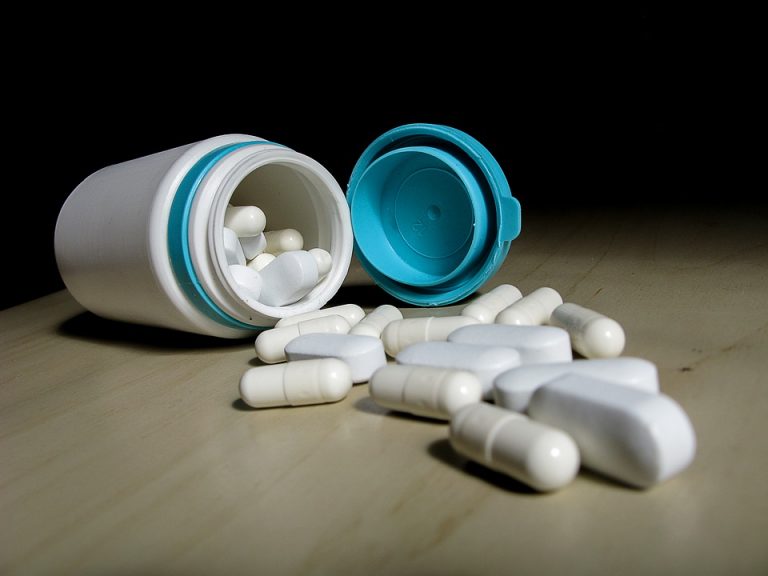Glycine, included in the standard biogenic amino acids, is an endogenous compound, which means that our body is capable of self-synthesis. It can be found in proteins (where it accounts for as much as 7.2%) as well as in collagen (accounts for more than 30% of all amino acids that make up it). 
As a neurotransmitter, glycine affects the functioning of the nervous system, so it is responsible for suppressing the signs of depression, is beneficial for concentration and memory, and is used at bedtime to improve its quality and facilitate the building and regeneration of muscles. In addition, it participates in the synthesis of erythrocytes, haemoglobin and nucleic acid components, is present in the body's detoxifying processes, participates in glucose and creatine biosynthesis and acts anti-sour and anti-inflammatory.
Glycine is a substance that does not occur on its own. It is, however, a component of numerous supplements - often found in testosterone boosters, creatine stacks, amino acid or carbohydrate protein. According to research, glycine sales last year increased fivefold. It is assumed that supplementation should be 1-3 g of product containing it in its composition. Glycine is also found in natural foods, both in animal and vegetable products, so varied diets
It will also be a good solution to ensure a constant dose of this amino acid.






